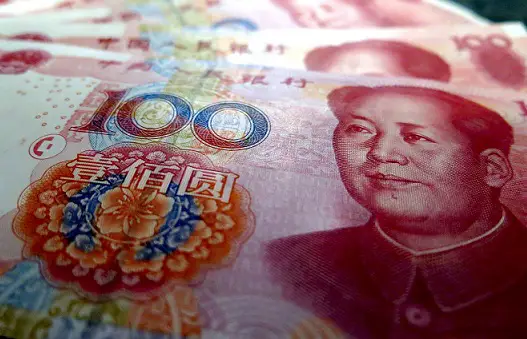On Wednesday, UBS Bank Chairman Colm Kelleher said that despite concerning reports in the Western media, international investment bankers are still bullish over the prospects for the Chinese economy.
Speaking at the Global Financial Leaders Investment Summit in Hong Kong, Kelleher addressed over 200 investors and bankers from 20 different countries when he made his bullish statements. Hong Kong was hosting the summit in an effort to bolster its status as an international financial hub, after more than two years of intermittent lockdowns had been implemented due to the Covid pandemic.
Kelleher said, “We’re not reading the American press, we actually buy the [China] story. But it is a bit of waiting for zero-Covid to open up in China to see what will happen.”
According to reports, Kelleher’s comments about the media were a joking reference to earlier comments by the vice chair of the China Securities Regulatory Commission, Fang Xinghai.
In prerecorded statements, Fang and other officials has attempted to reassure attendees of China’s continued economic strength, saying, “I would advise international investors to find out what’s really going on in China and what’s the real intention of our government by themselves. Don’t read too much of the international media.”
Fang’s remarks had prompted applause and cheers from the crowd. The comments came on the heels of a record sell-off of Chinese equities last week following President Xi Jinping’s consolidation of power. Fang added, “Don’t bet against China and Hong Kong.”
Last week had produced the Chinese stock market’s worst day since the 2008 financial crisis, as the yuan fell to a new 14 year low compared to the dollar. The sell-off occurred as fears spread that China’s economy might close-up to the West, as newly reaffirmed President Xi Jinping reorganized the government, and his new team was devoid of a number of key officials who had been staunch advocates of market reforms and opening up the Chinese economy. Investors feared this might impact future trade prospects, if it indicated reduced involvement in international trade, such as with the US.

